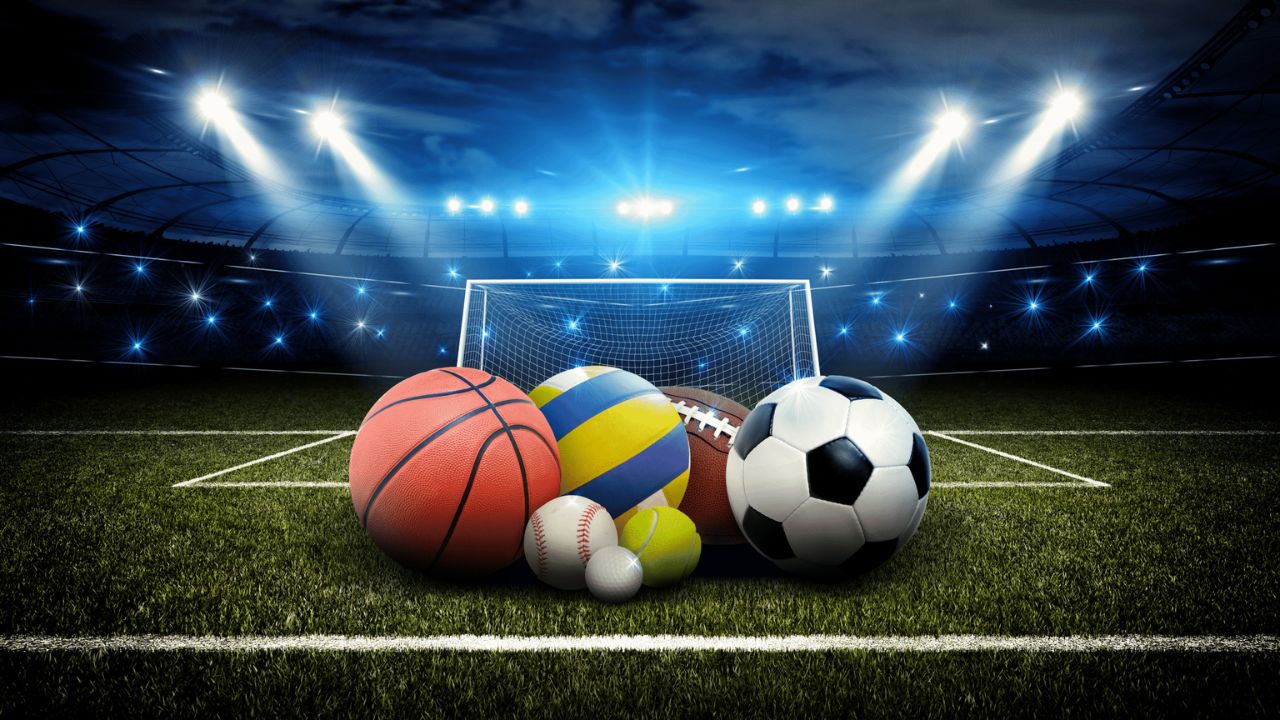As sports betting has become more mainstream in the U.S., with the federal ban being lifted in 2018[1] and each state regulating it on its own terms, it opens the window for multiple things to consider. On the one hand – sports betting is an excellent revenue generator for each state. It’s also better to legalize it instead of having illegal operations that would operate anyway. It’s become ok to have betting advertisements grow, and it helps the overall sports industry with this new channel of revenue growth as well.
Yet, on the other hand, there’s the issue that comes related to the addiction levels of gambling. Gambling can be one of the most addictive actions a person can take[2]. Take the case of Jeff Umali, who has reduced his betting down to major events.
“I’ll do a big boxing event, or possibly for big events such as the super bowl, but that’s it.” Umali said
Even then, he’ll only bet a few bucks since the 39-year-old has already felt the pain of gambling addiction, and Umali has stated he has “learned many lessons from it.”
This all started when he was able to place bets for online poker (which has also become legal in many States). Yet before he knew it, his bets were going from a few dollars to a few hundred. He didn’t grasp the severity of it until he realized that he had lost over $10,000 within three months.
Umali didn’t see any issue; after all, it was legal. Yet the addiction came regardless.
Timothy Fong – who co-runs the Gambling Studies Program at UCLA[3], has also mentioned that “these types of betting weren’t so readily available before in the past, and how they were going to shift the betting landscape in general.”
Now it’s going to be easy to see the effects of this as over half of America is allowing a version of online sports betting, with more states passing legislation every year. Lifting this once-illegal activity and allowing it to become mainstream has many wondering what the repercussions are going to look like.
The first repercussion is here, and that’s the gambling addiction part. There are many organizations already out there, from the NFL putting in millions towards the National Council on Problem Gambling, to States allocating millions to have programs ready to alleviate the issue. Even the operators that have legally entered into the States have set up gambling addiction prevention hotlines and budgets to provide the necessary support.
Yet whether this is a publicity stunt or will actually help those in need is still yet to be determined. Brianne-Doura-Schawohl already believes and mentioned that “there’s a public crisis already happening quietly, ready to only get worse.”
She believes and said, “It was rushed towards legalization without giving it more thought, adding fuel to the fire.” The addictive qualities and issues are only going to get worse and more common as time goes by.
We do not have anything under control
While gambling, in general, is one of the oldest past times out there and has been a part of American history since day one, it doesn’t mean we should simply not pay attention to the warning signs. It’s only been a very short amount of years since the Federal Government passed the new rules stating that each state can justify and establish its own online gambling rules and regulations, yet there’s still some disturbing news. This is specifically related to sports gambling.
In other gambling, such as a casino or card games, many understand that the odds are in favor of the establishment or ‘house.’ Yet when it comes to sports games, people feel they have an edge. The edge could come from being a fan of the team or assuming they understand the statistics behind it where it’s dangerous.
This was proven in a 2019 report related to “sports betting gambling problems versus gambling issues in general” the report was done by the Journal of Gambling Studies. It mentioned the issues above and stated that the game’s randomness is what people tend to forget to incorporate into the bet.
Fong further states that it’s about “appearing smarter than you are versus actually trying to win any money.”
Many in sports betting, especially, have this thought of being in control. Anytime someone thinks they are in control of a situation related to gambling, it’s not going in the right direction. Another study stated, “various types of control issues are related to sports betting over other types of betting that’s not sports related” this study was done by the Addictive behaviors Journal[4].
Technology is only making it happen at a more rapid pace. Before, we had to make the laborious action of doing something, whether driving to an off-track or physical sports betting location. It could also be simply waiting for the cards at a casino to be shuffled when you’re playing a round of poker. All of that is eliminated through technology, which means it happens more rapidly.
With this technology, the operators themselves have all this data and should be putting in ways to slow down betting or work towards combatting the addiction when they notice the patterns.
Executive Director of the NCPG[5], Keith Whyte, thinks the same. He believes that “U.S. gambling operators have the ability to find these patterns and prevent players when these patterns are in line with addiction. So the data shouldn’t simply be used to promote the businesses more.”
Some operators, such as DraftKings, built a division specifically around responsible gambling. Chrissy Thurmond is heading that unit and is working on programs to support customers. She stated they are ” in the early phases of data collection and developing strategies on how to communicate these pieces to potential addictive qualities.
This isn’t done out of the goodness of their hearts. A healthy gambler means a long-term gambler. This goes for those programs some states are starting to offer as well. Yet only so many operators and states can go with it. Technology only makes it more accessible and harder to control. Jim Maney has even mentioned, “it’s fast and easy to play anywhere. Before you know it, you’ve spent more than you can and dug yourself a hole.” He is the Executive Director of the New York Council in regards to Problem Gambling[6].
It’s a bonus for the sports betting operators — and the states — to offer help. A gambler who can control his or her most destructive urges is more liable to be a long time customer. However due to the nature of it, the odds are stacked against anyone who want to frequently place bets — and there are restrictions on what the sportsbooks can do to prevent someone who has developed a problem.
Some believe that this will become normalized over time, yet that case is becoming weaker and weaker with people such as Umali, who have stated the legality is what got them gambling in the first place.
Gambling is still addicting!
It’s all about perception. Casinos have had a misconception of being scandalous places to take away your money and appear as dens of vices. As a result, sporting events have been built up as family affairs on major television networks. These same networks now have gambling advertising during sporting events. Some even have channels dedicated to poker playing.
Doura-Schawhol says, “Americans see Sports as their ‘other’ religion, and thus they use it to mold who they are. That’s why those who gamble on sports don’t see it as bad and will convince themselves it’s harmless fun.”
Timothy Fong himself is worried. He believes that “existing resources to combat this are quite scarce, and when it gets worse, it may be too late.”
Part of this comes from enticement to try out sports betting. Operators are notorious for offering large upfront matching funds or free bets so people can try them out. Those people bet a few times, win or lose, and see how simple it is to place a bet. Unfortunately, minimal focus was done on providing adequate resources for those suffering from gambling addiction.
“It’s become normalized through advertising,” Maney said, “children and teenagers are watching these through social media channels that are showing operators in the background.” It’s becoming akin to smoking or drinking when you come of age.
Gambling and participating in legal betting always was a delayed vice for many. They would have to wait till they become legally allowed to and travel to a destination to perform it. Whether it’s the Indian Reservations such as Mohegan Sun or traveling to the city of Las Vegas, it was an event combined with gambling, not just the act of gambling.
Fong believes that “the current generation is of concern. Whereas gambling was a taboo discussion, the normalization is happening on their consumption devices.” He believes that “more will start younger, and it will cascade into a massively terrifying issue.”
Current rates of gambling addiction are only at 1%. That’s still over 3 million people. Another 1% is millions more, plus those that are around the addicts, such as friends and family.
Maney feels that “it’s addicting itself. Every match will have a winner and a loser, and there are so many sporting events to follow and bet on now.”






